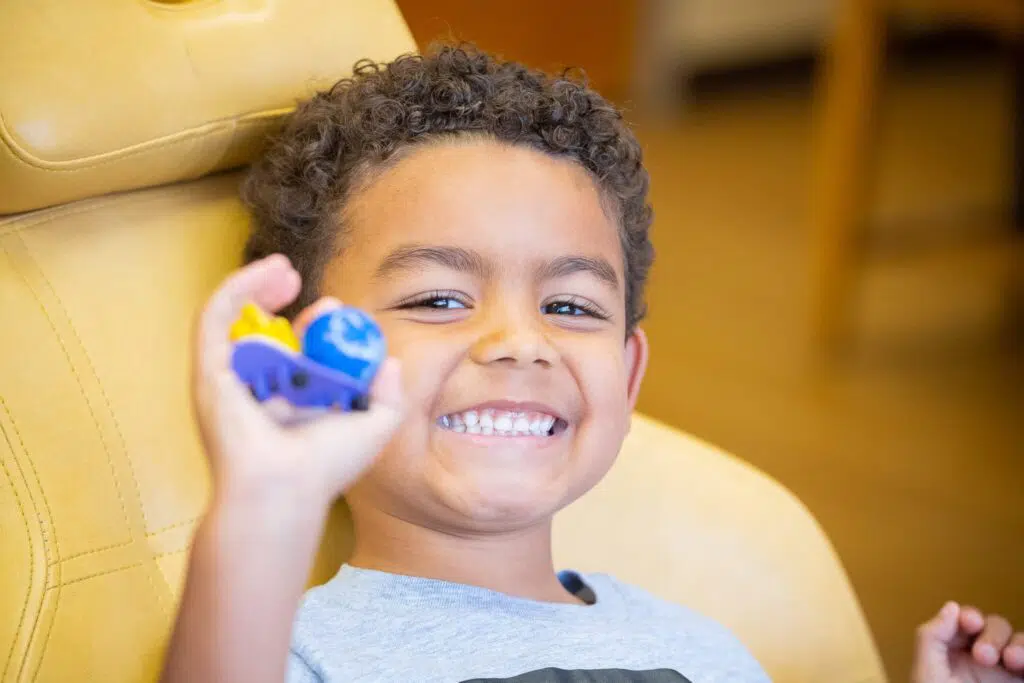We build relationships with our patients to build trust. As a result, our patients trust us to guide them through oral hygiene habits that will last a lifetime.
In addition to being caregivers, we pride ourselves on being pioneers and educators. We are constantly continuing our dental and orthodontic education, and we pass that education on to our patients. We want our patients to make the most informed decisions possible when it comes to their dental health, so they can have a beautiful smile that lasts a lifetime!

Though it can be scary, knocking out a baby tooth doesn't tend to cause significant or long-lasting damage. Have your child rinse their mouth and apply pressure with a gauze or a washcloth to stop the bleeding. Once your child is safe and calm, call us to discuss the situation, and we'll take it from there.
It is possible to save a tooth if done correctly. Try not to touch the root. Rinse it clean with milk or water, then keep it moist in cow's milk, which has similar enzymes to saliva. Don't wrap it in tissue. If possible, seat the tooth back in your child's mouth. If not, bring it submerged in the cow's milk into the office. We may be able to save it with proper splinting and care.
We always allow parents to be with their children during their dental visits. In fact, for young children, we encourage it. However, if you prefer to wait in our reception area, we have a great coffee machine and many other items to keep you entertained.
Pediatric dentistry focuses on oral health care for children and children/adults with special needs. Pediatric dentists go through years of additional and specific training past their four years of dental school to do this. Not only do they take care of basic dental needs (oral hygiene and maintenance), but they also can adequately address structural and functional issues that can occur during development. Pediatric dentists are also specifically trained to manage the behavior and cooperation of their patients to create a better, more comfortable environment for dentistry. Employed behavior management techniques include methods like Tell-Show-Do up to various forms of sedation (oral, IV, general) to accomplish their dental goals safely.
Orthodontic treatment is needed for two basic reasons:
The best way to determine whether you need orthodontic care is to consult with your dentist or orthodontist. They will be able to assess your dental needs properly.
The American Orthodontic Association recommends children should see an orthodontist by the age of 7 but as early as 5 or 6 is possible if you or your dentist suspect any growth or tooth eruption issues. We can treat children with both permanent and baby teeth. The earlier orthodontic and facial growth issues are caught, the easier it is to correct them, and the better their oral and general health is later in life.
Treatment costs vary dramatically and are dependent on the complexity of issues being addressed and the treatment protocols being utilized. We will provide a thorough rundown of costs before you make your treatment decision.